Mental health is just as important as physical health, yet it largely remains a topic shrouded in stigma and silence. As a society, we often underestimate the impact of mental health issues on our daily lives. However, if left untreated, these issues may significantly affect our overall well-being, relationships and ability to function. Fortunately, there is help available. At 219 Health Network, we have a team of behavioral health specialists in Northwest Indiana who are committed to providing comprehensive care to those struggling with mental health issues.
Below, we discuss some of the most common mental health issues treated by behavioral health specialists. We also explain how seeking help may improve your quality of life.
Anxiety Disorders
Anxiety disorders are among the most common mental health disorders, affecting more than 40 million adults or 19.1% of the U.S. population. These disorders manifest in many ways, including panic disorder, generalized anxiety disorder, social anxiety disorder and specific phobias. People with anxiety disorders may experience excessive fear or worry about everyday situations, which may interfere with their ability to function normally.
Depending on the severity of the disorder, your behavioral health specialist in Northwest Indiana may recommend medication, therapy or a combination of both. For example, cognitive-behavioral therapy (CBT) is often used to help individuals with anxiety disorders identify and change negative thought patterns contributing to their symptoms. Other types of therapy, such as exposure therapy or mindfulness-based stress reduction, may also be effective. In some cases, medication, such as antidepressants or benzodiazepines, may be used to reduce symptoms of anxiety.
Depression
Depression is a mood disorder that affects millions of people worldwide. It is more than feeling sad or blue. It can be a debilitating condition that affects a person’s ability to function normally and enjoy life. Symptoms of depression may include feelings of sadness, hopelessness and a loss of interest in activities, as well as physical symptoms like changes in appetite or sleep patterns.
Like anxiety disorders, depression can be effectively managed with the help of a behavioral health specialist in Northwest Indiana. Treatment may involve therapy, medication or both. Psychotherapy, such as CBT or interpersonal therapy, may help individuals with depression learn coping skills, develop a positive outlook and address underlying emotional issues. Medications, such as antidepressants, may also be effective in reducing symptoms of depression.
Substance Abuse Disorders
Substance abuse disorders are mental health issues that involve the misuse of drugs or alcohol. These disorders can have severe consequences on a person’s physical and mental health, as well as their relationships and ability to function in daily life. Substance abuse disorders may involve the use of illegal drugs, prescription medications or alcohol.
Behavioral health specialists may recommend different types of therapy depending on the individual’s needs and the severity of the disorder. For example, CBT, motivational interviewing or contingency management therapy may be effective in helping people change their behavior and develop healthy coping skills. Medications, like buprenorphine, naltrexone or methadone, may be prescribed to alleviate withdrawal symptoms and cravings associated with substance abuse.
Bipolar Disorder
Bipolar disorder is a mood disorder characterized by drastic mood swings, fluctuations in energy levels and changes in activity levels. These shifts may involve periods of manic or hypomanic episodes, where a person may feel euphoric, impulsive and have a decreased need for sleep. On the other hand, depressive episodes involve feelings of sadness, hopelessness and loss of interest in activities.
Behavioral health specialists in Northwest Indiana may help individuals manage bipolar disorder through a combination of medication and therapy. Mood stabilizers, such as lithium or antipsychotic medications, may be used to control symptoms of mania or hypomania, while antidepressants may be used to manage symptoms of depression. Psychotherapy, such as CBT or interpersonal therapy, may also be effective in helping individuals with bipolar disorder manage their symptoms and develop healthy coping skills.
Eating Disorders
Eating disorders are mental health disorders that involve an unhealthy relationship with food, body image and weight. They can seriously affect an individual’s physical and mental health and may require specialized treatment. Among the different types of eating disorders are anorexia nervosa, bulimia nervosa and binge eating disorder.
Therapy, medication and nutritional counseling are some of the ways in which a behavioral health specialist may assist in managing eating disorders. Therapy sessions can help individuals develop a healthy relationship with food and improve body image. Medications, such as antidepressants, may be used to treat co-occurring mental health issues. Nutritional counseling can provide education and support for developing a healthy relationship with food and establishing healthy eating habits.
Looking for a Behavioral Health Specialist in Northwest Indiana?
If you or someone you know is struggling with a mental health issue, seeking help from a specialist is the first step toward recovery. If you are ready to schedule an appointment with a behavioral health specialist in Northwest Indiana, 219 Health Network is the place to call. We have a team of behavioral health specialists that provide comprehensive and personalized care for patients of all ages.
Contact us today at (833) 219-0001 to learn how we can assist you.


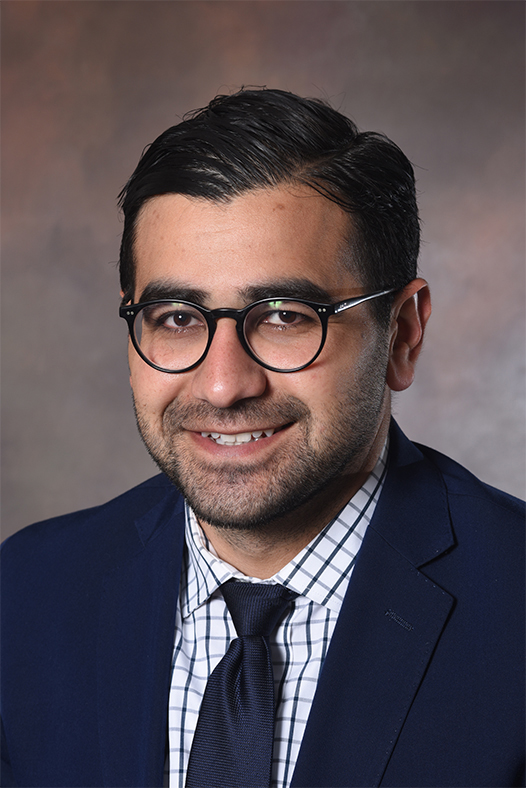


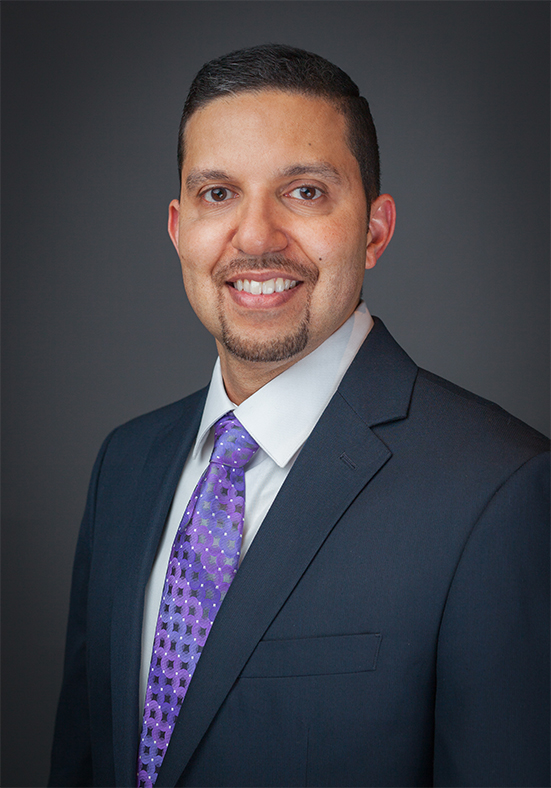








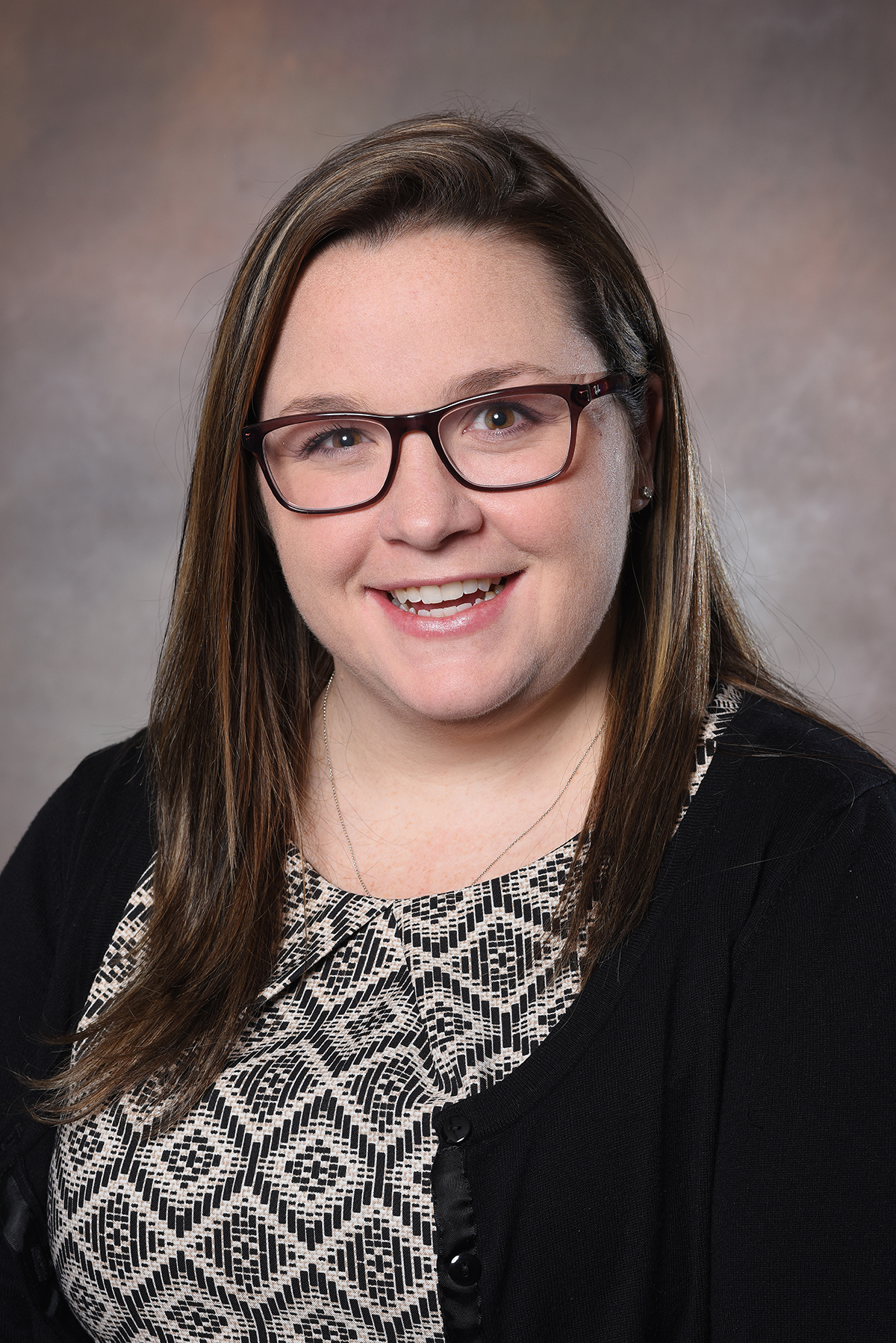
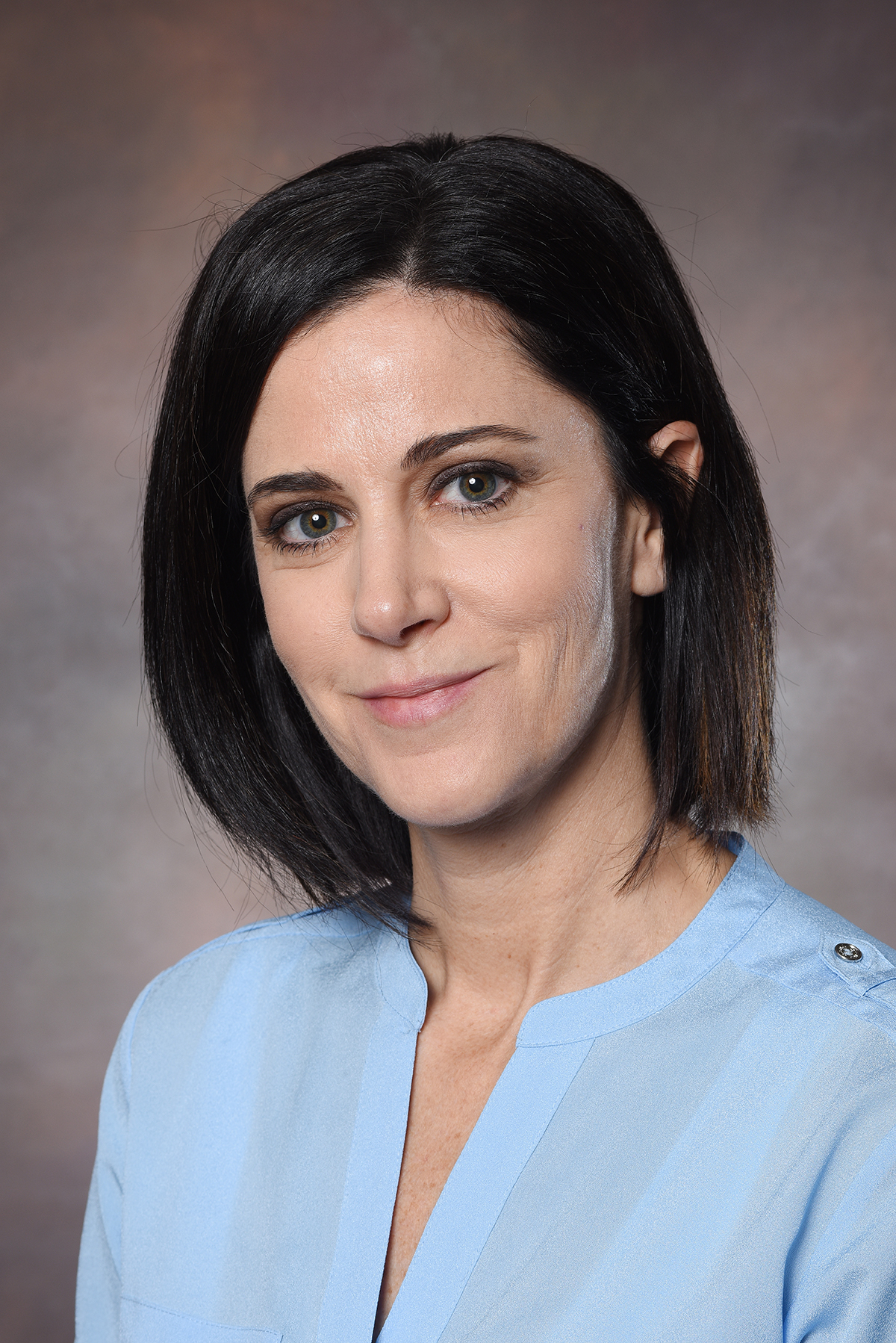

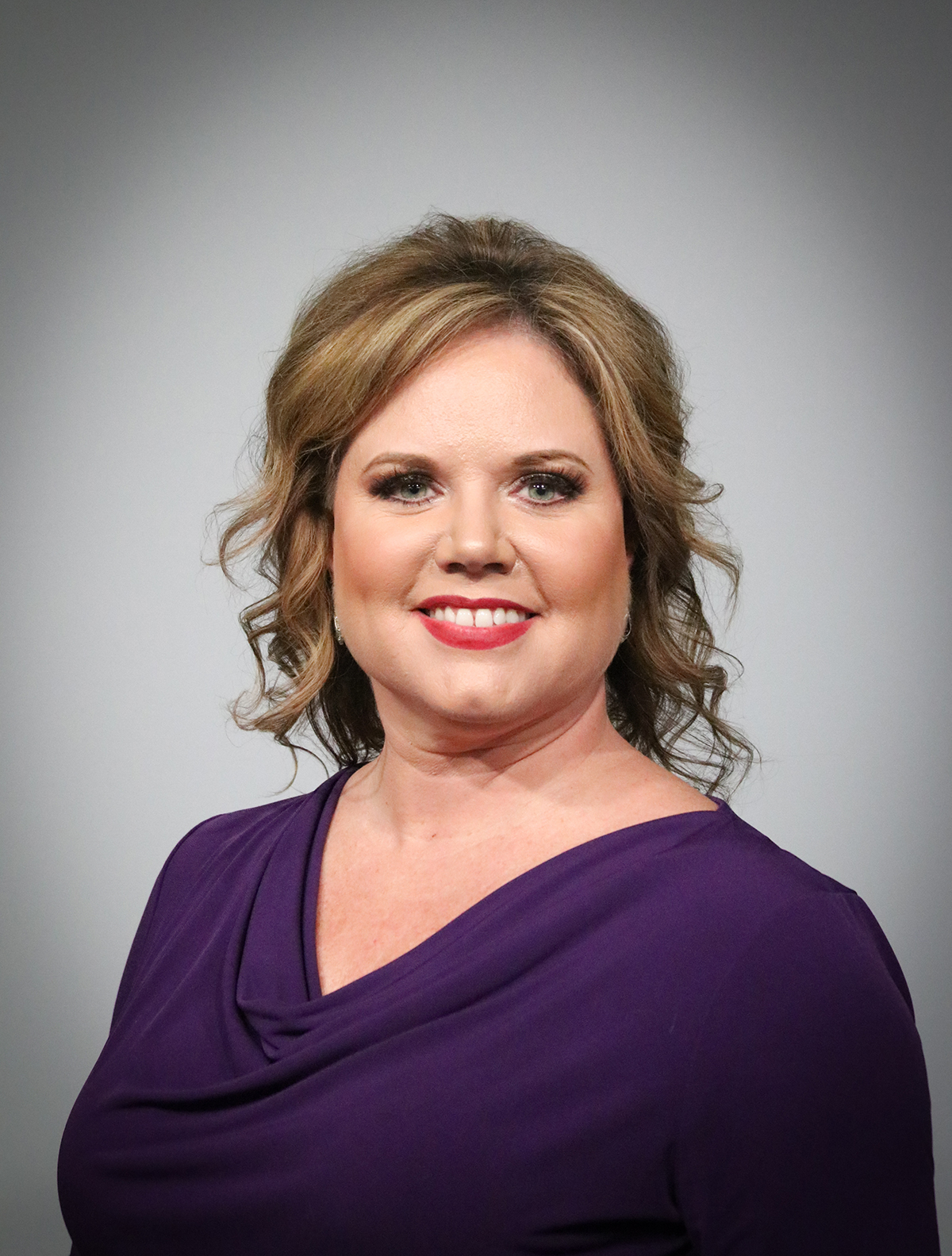


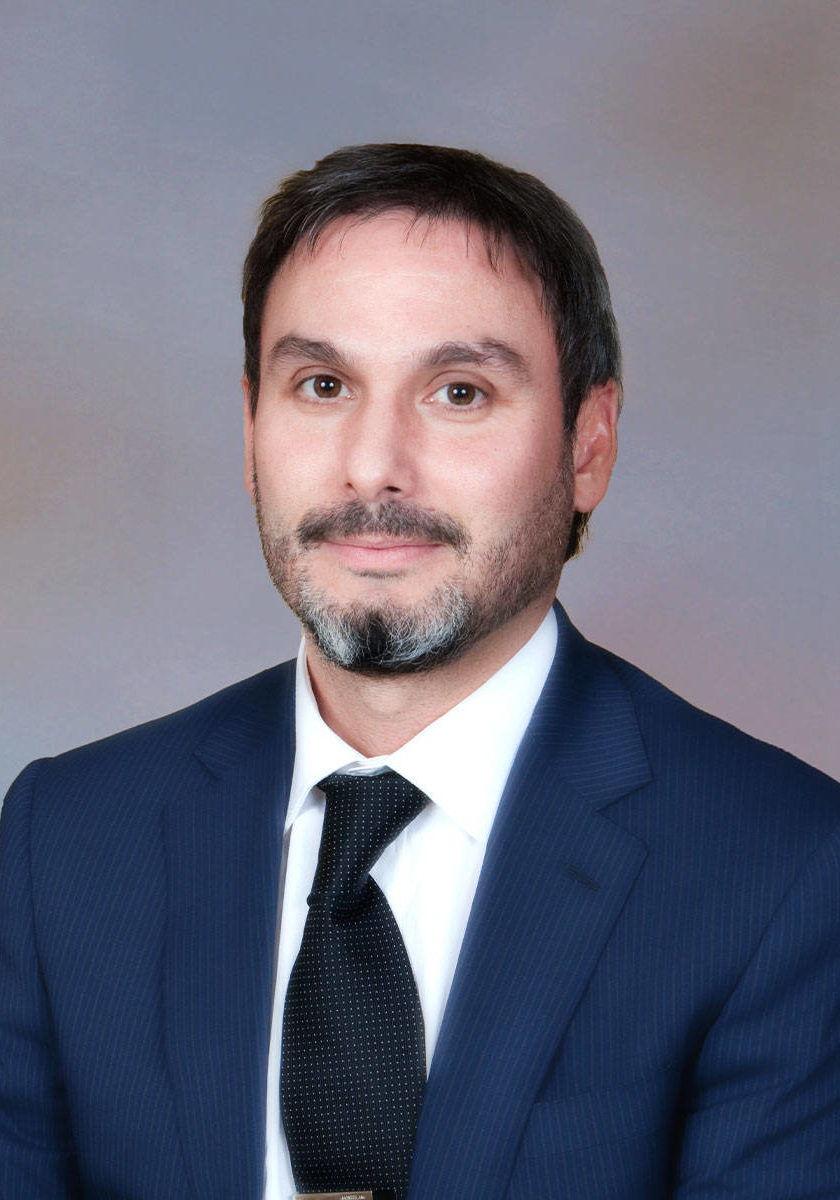

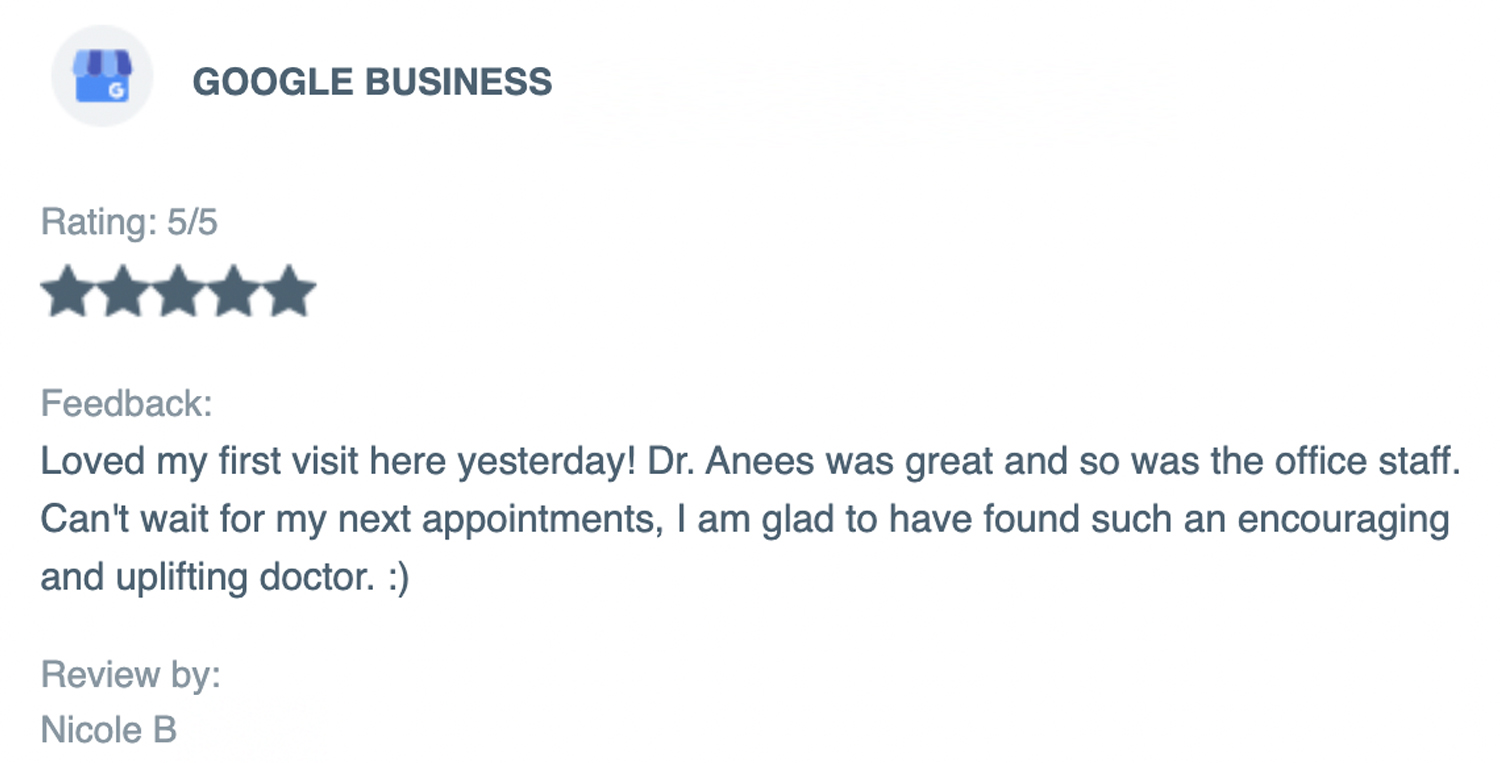


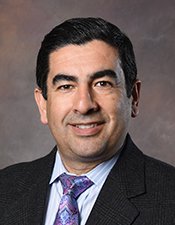





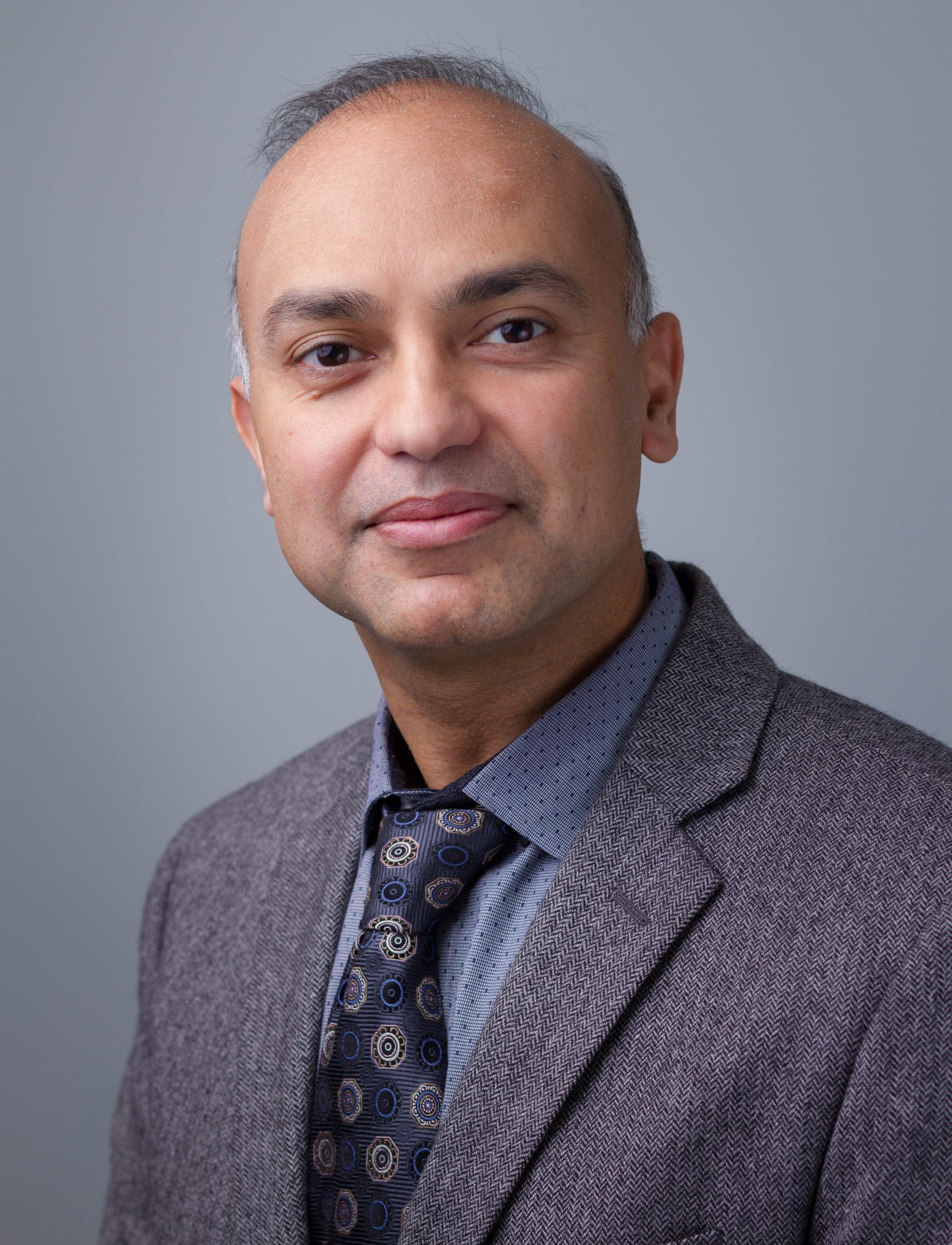








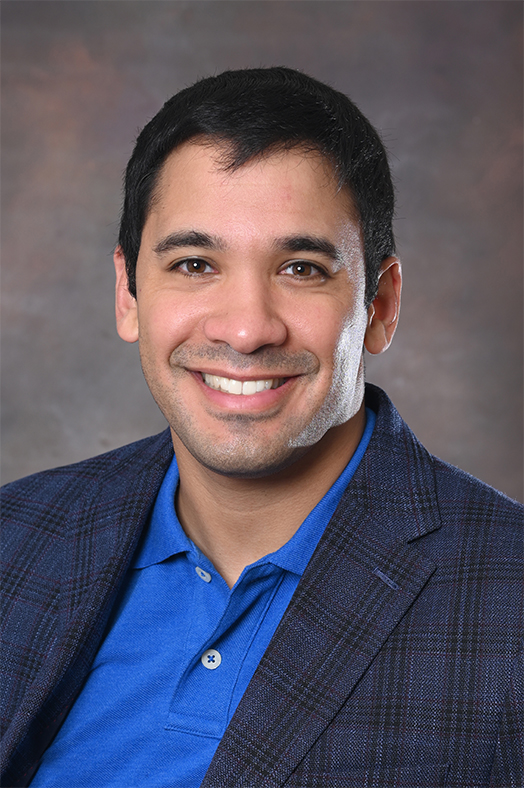


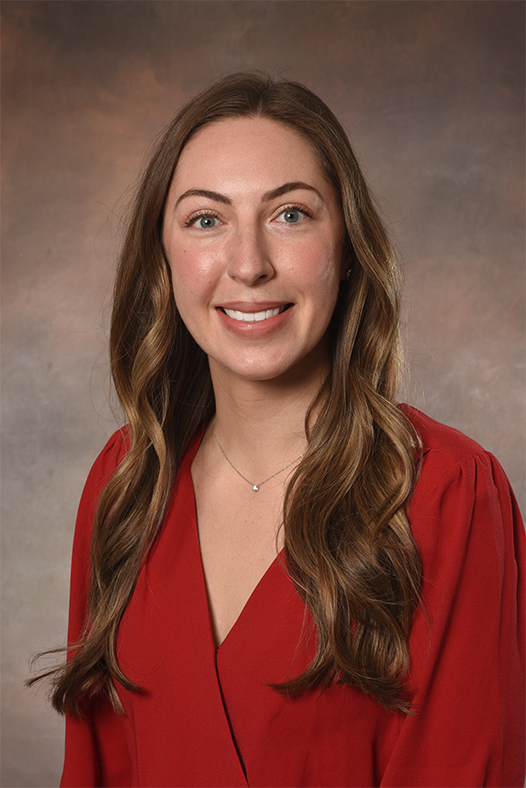



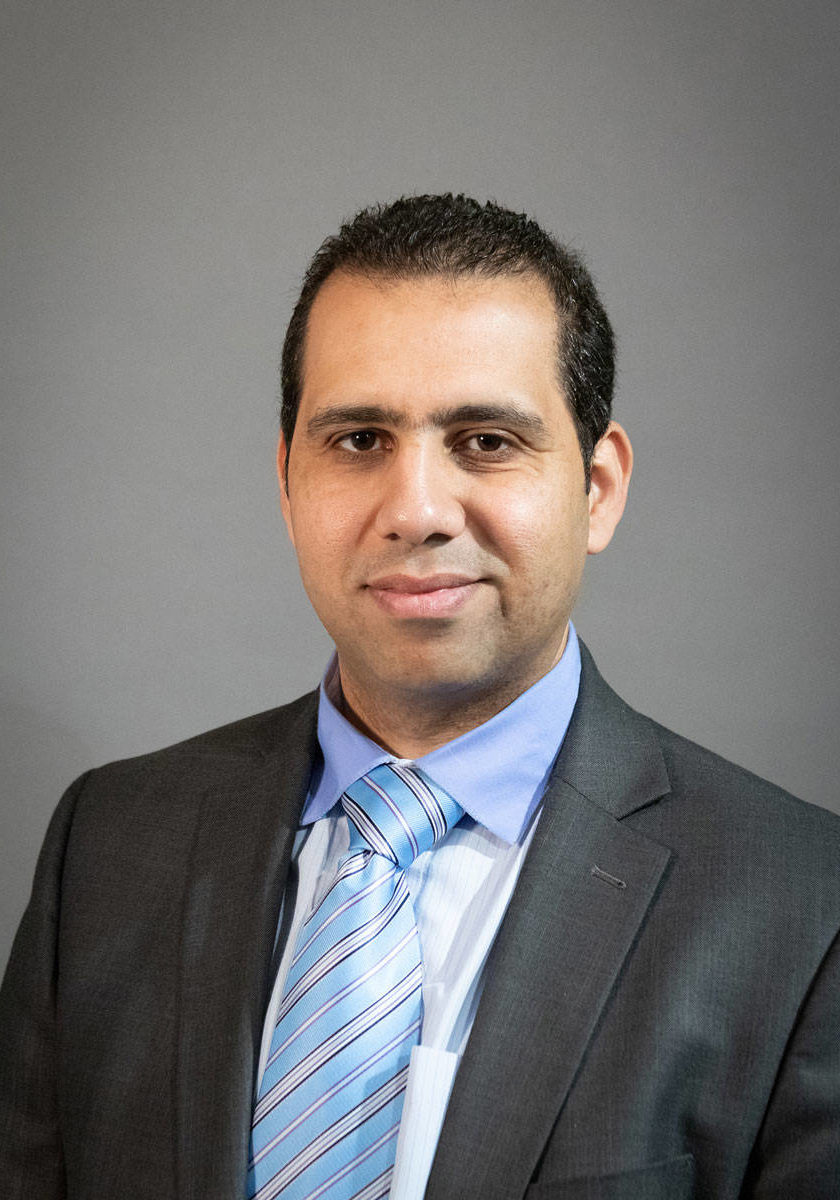




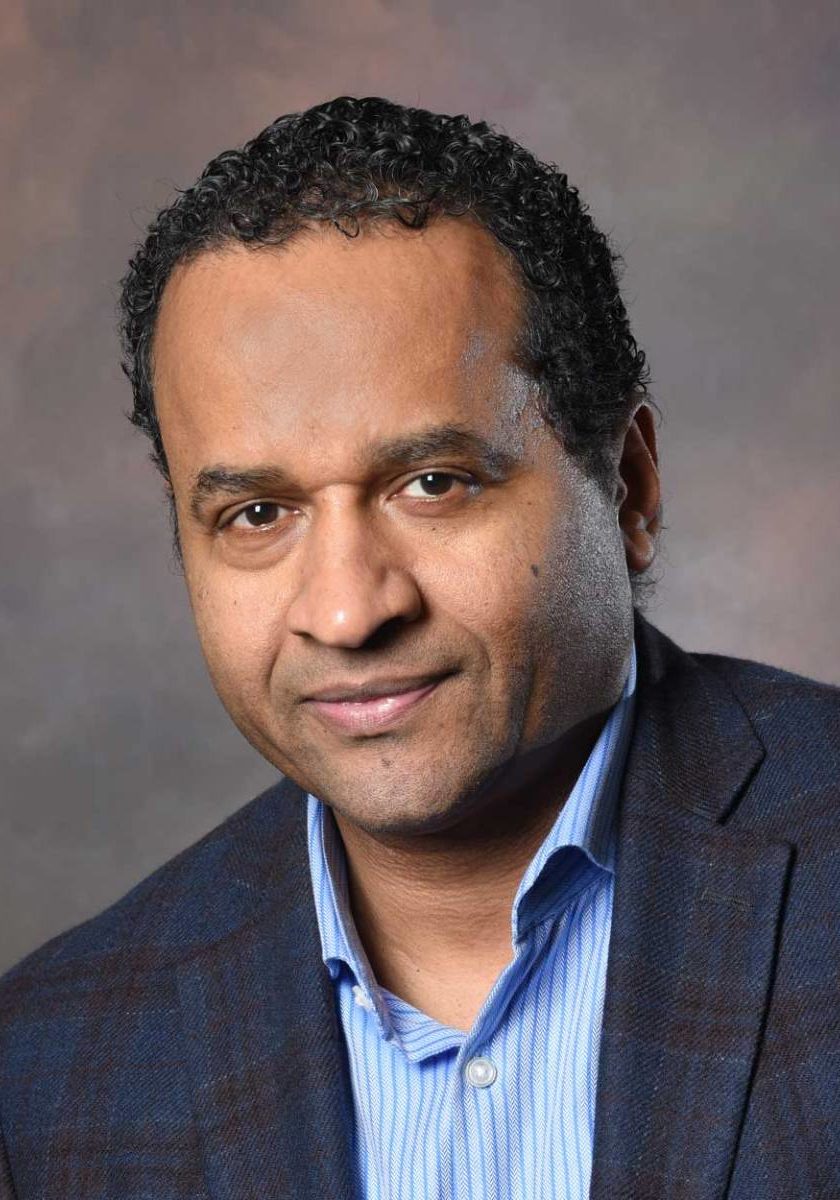
Recent Comments